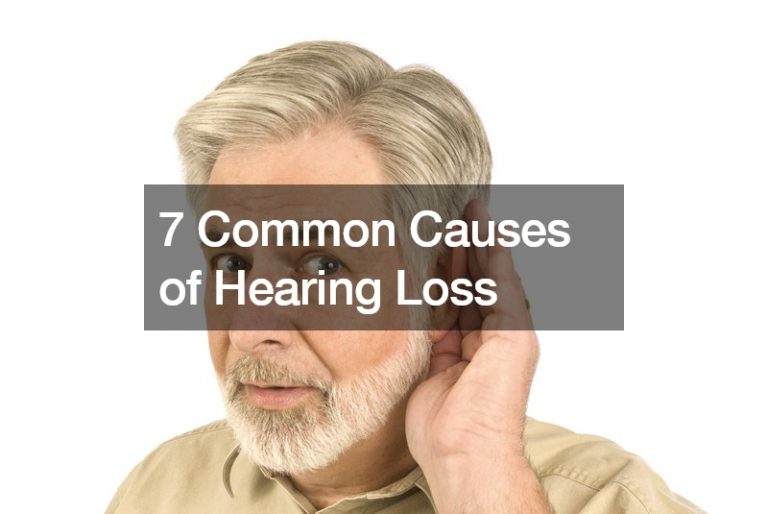• Insomnia is a sleep disorder defined as the inability to fall or stay asleep, usually caused by stress, anxiety, chronic pain, and/or certain medications.
• Risk factors for insomnia include age, gender, and underlying health conditions.
• Psychological help, such as cognitive-behavioral therapy (CBT), and medications, such as hypnotics, may be used to treat insomnia.
• Lifestyle changes such as avoiding caffeine late in the day, exercising regularly, and avoiding electronic devices in bed can also help improve sleep quality.
As a being that needs to recover their cells during sleep, lack of sleep can have a significant impact on your body. According to recent studies, as many as one-third of adults suffer from some form of insomnia, often leading to health complications such as fatigue and irritability. Here’s what you need to know about insomnia, the causes behind it, and how it can affect you.
What Is Insomnia?
Insomnia is defined as the inability to fall asleep or to stay asleep. Any number of psychological or physical factors, including stress and anxiety, depression, chronic pain, and certain medications, can cause this.
There are two main types of insomnia; acute (short-term) and chronic (long-term). Acute insomnia typically lasts for only a few days or weeks and is usually triggered by a stressful event, such as an upcoming deadline or presentation at work. Chronic insomnia lasts for months or even years and can be caused by underlying conditions such as depression or anxiety disorders.
Risk Factors For Insomnia
Anyone can have this disorder, but some people are more vulnerable to it than others. Here are some risk factors behind it.

Stress & Anxiety
One of the most common contributors to insomnia is stress and/or anxiety. Whether it’s due to work, family issues, financial concerns, or something else entirely, stress can significantly disrupt sleep patterns.
Feeling anxious about not being able to fall asleep can also create a vicious cycle—the more you worry about not sleeping, the less likely you are to fall asleep. If stress and/or anxiety are contributing to your insomnia, it may be beneficial to explore stress-reducing activities such as mindfulness meditation or yoga.
Age & Gender
Age and gender can also play a role in one’s risk of developing insomnia. Generally speaking, older adults tend to experience more difficulty falling asleep than their younger counterparts; women are also twice as likely as men to suffer from chronic insomnia due to hormonal changes during menstruation and menopause.
If age or gender plays a role in your sleeplessness, lifestyle modifications such as avoiding caffeine late in the day and exercising regularly may help improve sleep quality and duration.

Health Conditions
Physical health conditions such as chronic pain syndromes (e.g., fibromyalgia), respiratory disorders (e.g., asthma), gastroesophageal reflux disease (GERD), hyperthyroidism or Parkinson’s disease can all affect the quality of sleep one gets each night.
Treating underlying physical health conditions may help reduce symptoms of insomnia—if you suspect that your health condition may be contributing factor in your difficulty sleeping, talk with your doctor about potential treatments you might consider for your particular condition(s).
Oral Problems
Lastly, oral problems such as chewing problems or snoring can disrupt sleep and make it difficult to get a good night’s rest.
If you are having trouble sleeping, you must speak with your doctor or dentist to discuss any oral issues that may be causing the problem. Treatment options usually include dealing with a tooth you may have lost over time with a robust replacement tooth. This can help decrease pain and even infection. However, since they’re made of titanium, a strong and stable material, they can easily last for a long time.
Treatment For Insomnia
Dealing with the risk factors can help prevent insomnia. However, if it has already set in, the treatment options can come in different forms. Here are some of them:
Psychological Help
Those who suffer from insomnia can seek psychological help through cognitive-behavioral therapy (CBT). Other forms of counseling, such as hypnotherapy, may also be beneficial.
Medications
Certain medications, such as hypnotics, may be prescribed by a doctor to treat chronic insomnia. Hypnotics are a type of sedative that helps you relax and fall asleep faster. However, these medications should be taken cautiously as they can be habit-forming and cause side effects such as dizziness or confusion.
Lifestyle Changes
In some cases, simple lifestyle modifications such as avoiding caffeine late in the day and exercising regularly may help improve sleep quality and duration. Additionally, avoiding the use of electronic devices in bed can be beneficial as well.
Insomnia is a common sleep disorder that can have significant consequences on your physical and mental health if left untreated. If you are experiencing difficulty sleeping, it’s essential to speak with your doctor about possible causes and treatment options. With the right combination of lifestyle modifications and treatment, you can get the restful sleep you need to stay healthy.






